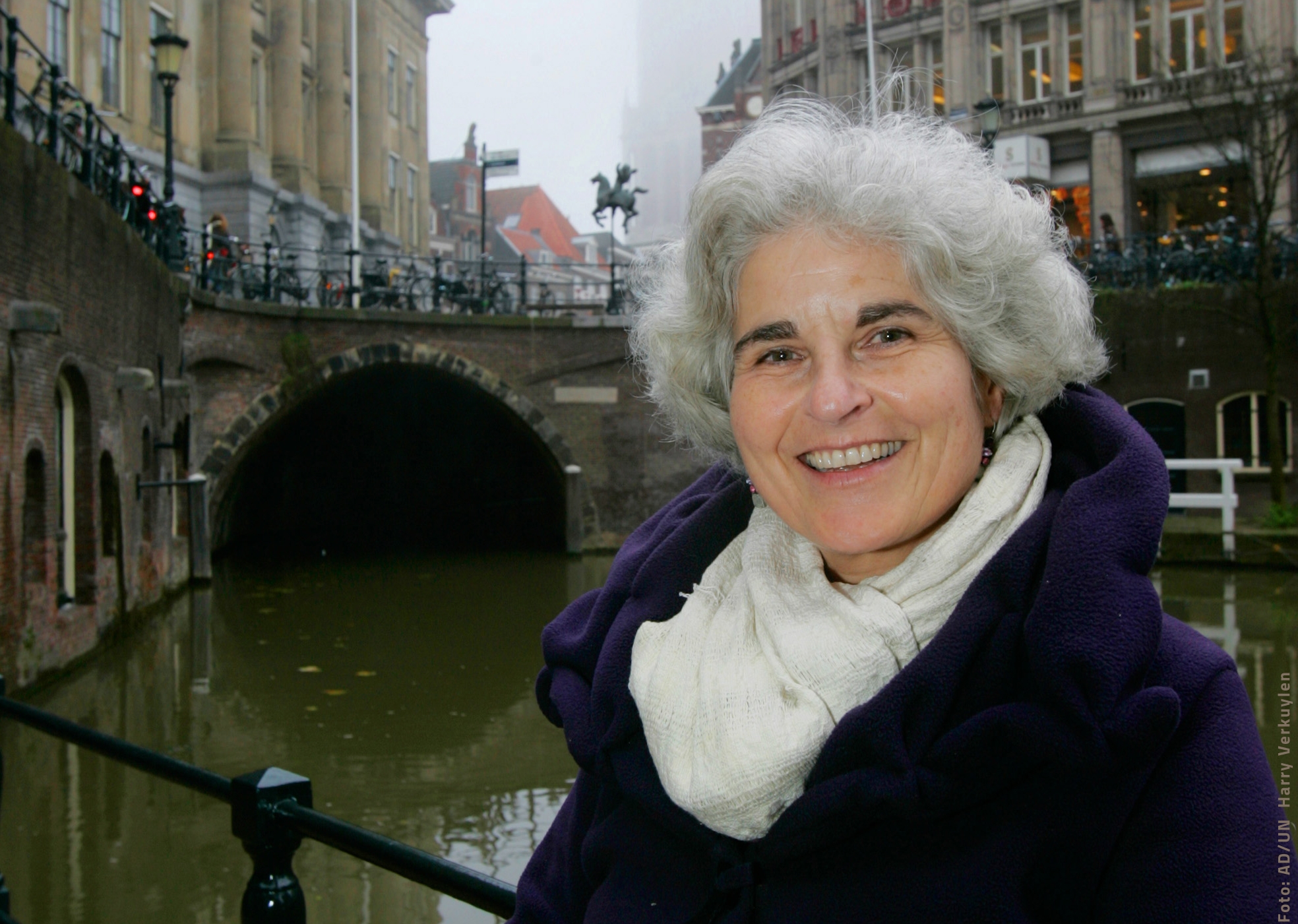Dr Llewellyn Bogaers
owner of Past in Present
cultural historian
storyteller
writer
guide
| Llewellyn Bogaers | Activities | Expertise |
|---|---|---|
|
Dr Llewellyn Bogaers is Past in Present. As an all-round cultural historian, she is able to transcend the often overly homogeneous views on cultural-religious topics in Dutch history, thus showing the diversity within Dutch culture itself. This approach creates new perspectivesfor all Dutch people, whether they have lived here for generations or came just recently, whether they are powerful or on the side-lines.
In 2008 Llewellyn received her PhD in history from the VU University in Amsterdam. The title of her thesis would translate into English as: Down to earth, committed and proud: The interweaving of culture and religion in late-medieval Utrecht (1300-1600). See the English summary. This in-depth study on the political, social, religious and cultural climate in late-medieval Utrecht has found recognition among historians and the general public alike.
At present she is working on three books which are provisionally called:
Vital for her approach are questions like: What motivates people? What makes a society tick? |
Past in Present is a one-woman enterprise that fosters interest in cultural history through guided tours in Utrecht, courses, lectures and essays, blogs, books and research. | Llewellyn is an expert in the history of social cohesion in the Netherlands from 1300 onward. She has an open eye for the broad range of human dynamics in social relationships, including the psychological dimension and the impact of culture and religion.
Through her multi-layered research she is able to demonstrate the interaction between circumstances and human choices, thus avoiding stereotyped or one-dimensional explanationsand doing justice to life’s complexities.
She is working towards a paradigm shift in how early-modern Dutch history is to be viewed: it was not religion, but a struggle for power and wealth that motivated the Dutch revolt againstthe Habsburg government under Philip II in 1580.
Over the course of her career, she has made social work in Dutch society her distinctive speciality.
After her intensive research into Utrecht’s medieval social dynamics, including developments in neighbourhood life and poor relief, she extended this field of interest into present-day Dutch society.
Convinced of the fact that prolonged social differences between rich and poor on the one hand, and an overburdened middle class on the other, undermine social cohesion in the long term, she focuses on developments in the relationships between insiders and outsiders, especially the position of ‘the poor other’ and ‘the other other’. An understanding of the historical roots of social differences is a precondition for overcoming them. Solidarity, honesty, an open dialogue and mutual understanding are in her eyes prerequisites for social cohesion. The importance of a sharing, communicative attitude is exemplified by the emblem in the header.
By analysing and clarifying social relationships in their broad historical context, past influences on present-day society become more visible. Based on new insights people can make new choices and thus transcend age-old conflicts and differences. |

